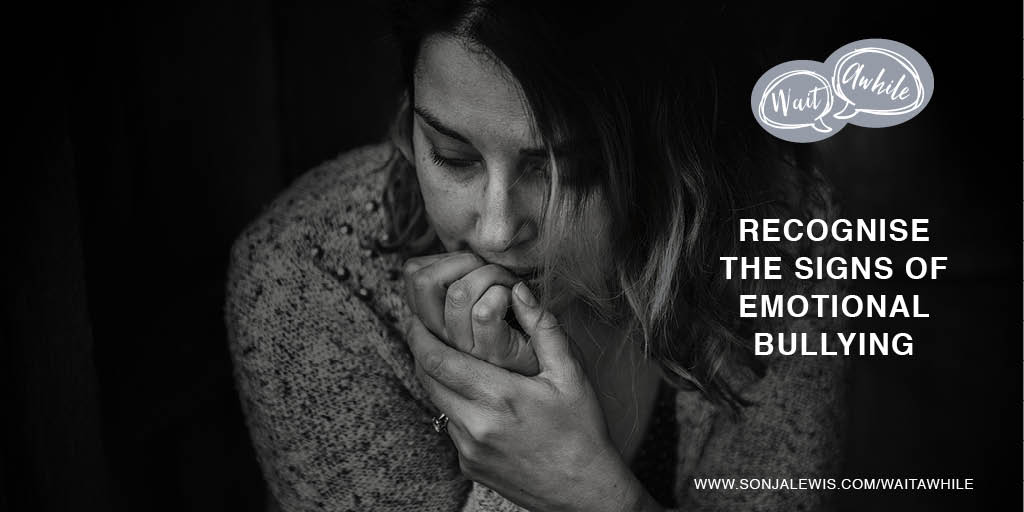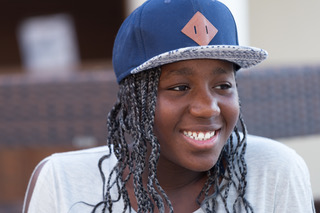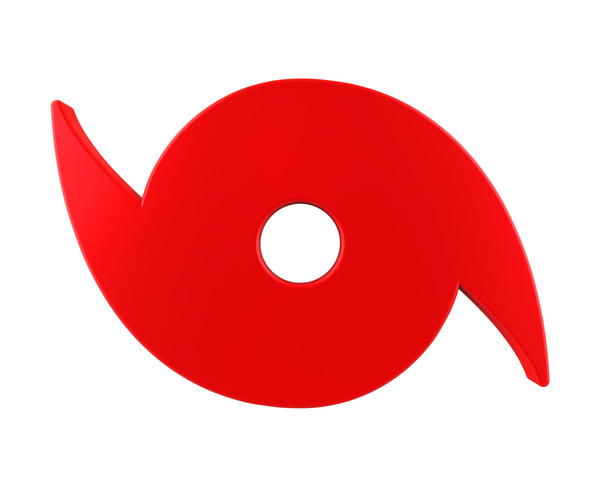Dating as a teen – setting boundaries
I am surrounded by teen girls, not literally of course, but here in Sorrento, Italy, lots of girls from around the world and of course, boys, too are on holiday with their family. Also, teen girls are holding down or shall I say holding up summer jobs, not only at our hotel, but also at restaurants and shops, many of them family establishments.
It is wonderfully refreshing not only to see the camaraderie but watch the girls gain life experiences and skills, which is a great segue to this week’s topic—dating.
Bear with! You might wonder what family and work have to do with dating? Quite a bit though indirectly. For example, learning how to relate overlaps in all three areas of life and so does respecting boundaries and honouring values.
Learning is a big part of growing up and rarely do we think about growth opportunities when it comes to dating.But the truth is: just as we learn all about driving and get a bit of practice in before driving a car responsibly, so it is with dating.
Brushing up on your communications skills while on holiday with family might come in handy. Not only can you practice the art of conversation while talking to parents about new and exciting experiences, you can learn a lot about yourself and others along the way. Just keep in mind that a good conversation requires effective listening, too. As one expert put it during a workshop I attended years ago: to be interesting is to be interested.
That said, you might find yourself interested in things that others simply are not. Happens all the time and as with family sometimes it’s appropriate and fun to try new things and sometimes it simply isn’t. A respectable no is all that is necessary if the situation is not for you or wait awhile. It could go against your values; put you out of your comfort zone.
Knowing where to draw the line teaches the importance of not only having boundaries but also honouring the boundaries of others. Sometimes other’s boundaries might feel a bit like a drag but it’s their space, not yours. For example, I noticed a teen chuck water on his sleeping mother on her chaise longe, after she had been in the pool playing ball with him earlier. She was not amused, though he was. Never mind! The point is at that particular moment, she felt he crossed a line. As for dating, it is important to establish boundaries upfront and to honour yours and the boundaries of your date, too.
After all boundaries are intrinsically linked to values, your own as well as your date’s. So go ahead, enjoy your summer, growing and gaining experiences that are not only fun but will also serve you as you explore dating. For more tips, listen to our podcast series 2, episode 4 – UIO: On dating Inside Out with Cat Williamson. Check out other related UIO podcast, too.
Enjoy your summer!





